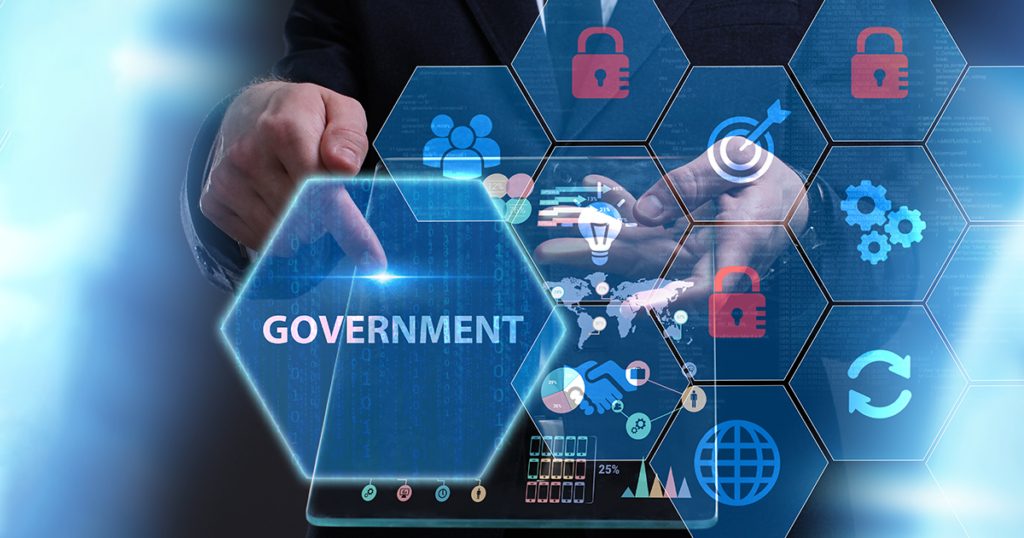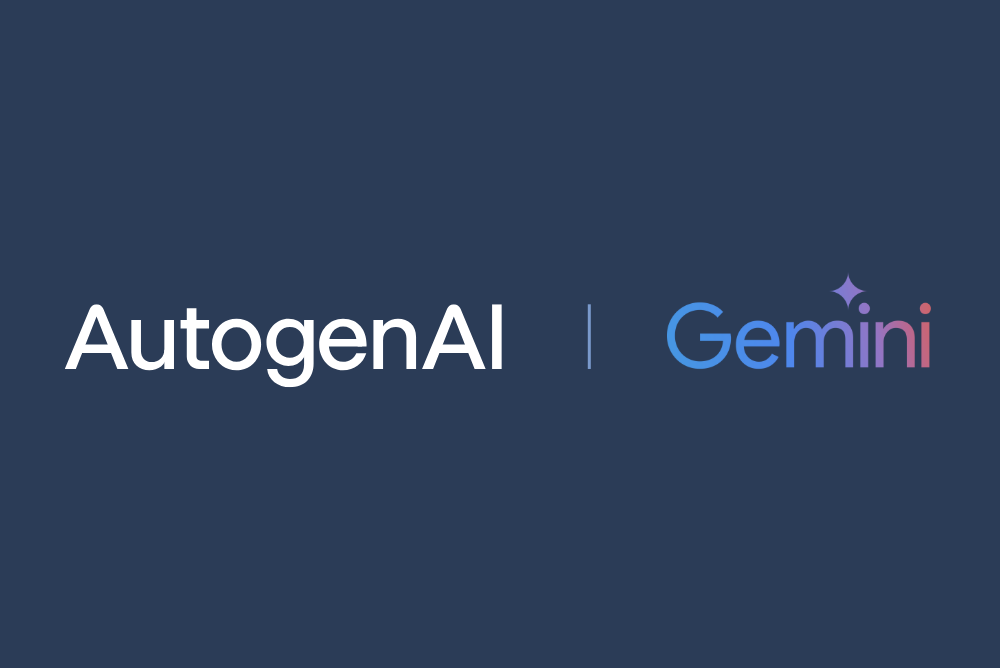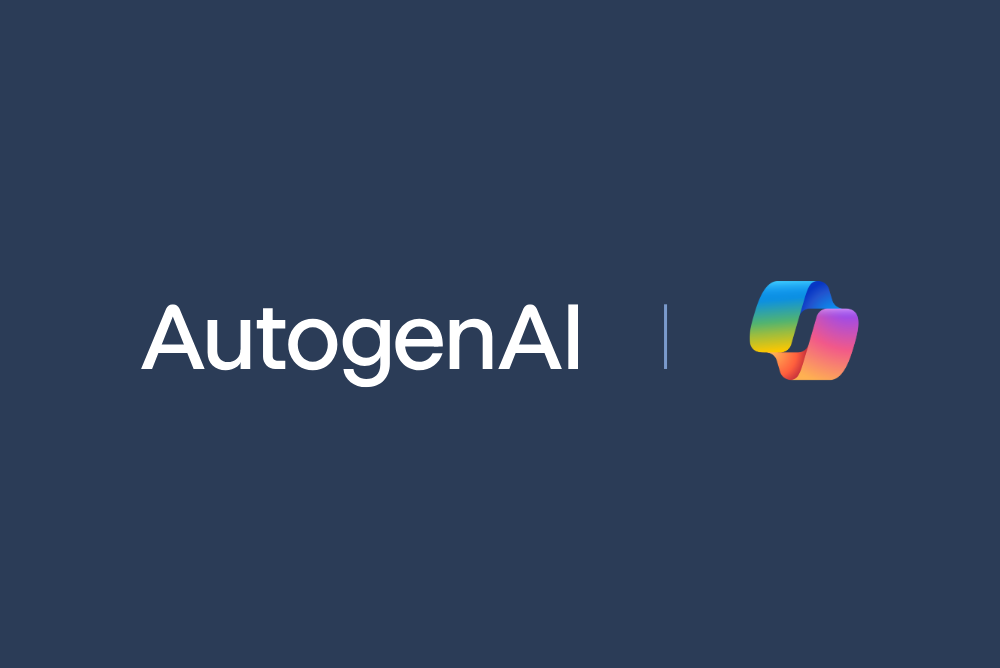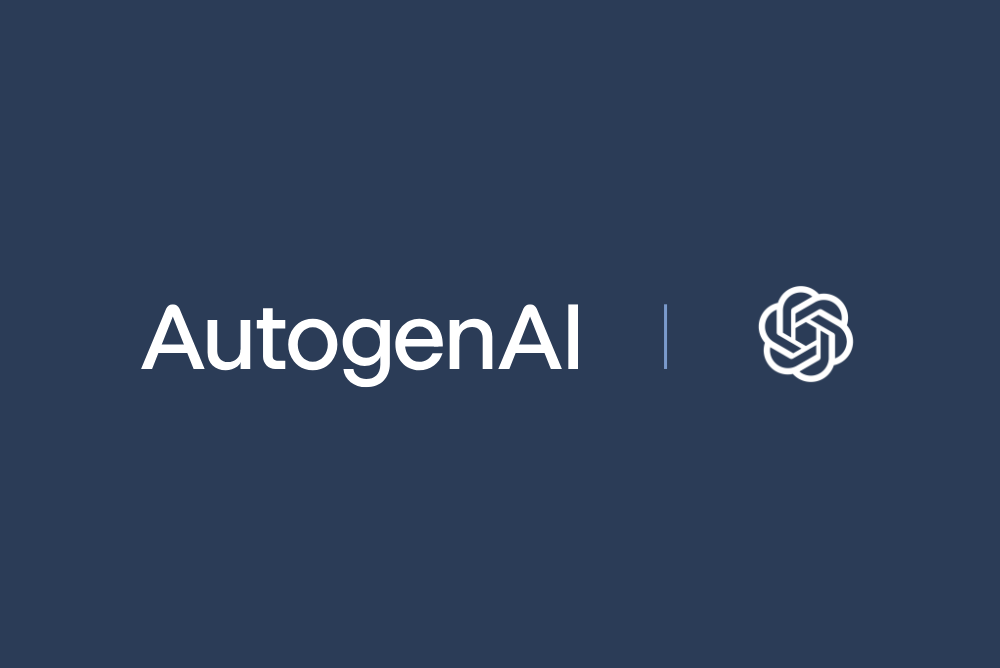The Nightmares of AI in Federal Proposal Writing

AI is transforming proposal writing, but not always for the better. Many federal contractors are unknowingly putting themselves at risk by submitting nearly identical proposals, compromising data security, and even facing disqualification.
In this article, Mitchell Sipus, Chief Solution Architect at AutogenAI, explores the hidden dangers of using generic AI tools for federal proposals and shares how specialized AI solutions can help you stay competitive while protecting your data.
Everyone is Writing the Same Proposal!
At the Defense Outlook Summit in Washington, DC, I spoke with the COO of a cybersecurity firm in Reston, VA. She told me she would never use an AI proposal solution. When I asked why, she told a story about a Program Management Office (PMO) in the US government who had received 25 RFP responses—five of which were identical.
How did this happen? The most likely explanation is that the proposal writers relied on generic AI tools like ChatGPT or Microsoft CoPilot. While these tools can generate text quickly, they aren’t designed for the nuances of federal proposal writing. Their outputs are generic, which is why they come at a lower cost. Unfortunately, I often meet enterprise CTOs who prioritize cost savings over compliance—only to realize too late that using these tools could lead to disqualification from government contracts
How to Avoid the AI Proposal Trap
Relying on generic AI tools can cost you the contract. The solution? Avoid generic, off-the-shelf large language models (LLMs) and choose specialized tools like AutogenAI, which is designed specifically for federal proposals. With over 50,000 hours invested in linguistic engineering research, AutogenAI creates content as unique as your team, significantly increasing your chances of submitting a winning proposal.

Learn how using AI can improve your proposal writing.
The Threat to Data Privacy in AI Proposal Writing
While relying on generic AI tools can jeopardize your chances of securing a contract, there’s another pressing issue that demands attention: data privacy.
For several years I have partnered with leading researchers at MIT to design and propose cutting edge AI projects to US government agencies like Defense Advanced Research Projects Agency (DARPA) and Air Force Research Labs (AFRL). As institutions of higher education, the research conducted by organizations like MIT or Carnegie Mellon are typically what I like to call “controlled open source.” This means the software code is publicly available but the specific location or details about the repository are not openly shared. Without metadata or clear references in scientific publications, finding this code can be nearly impossible unless someone directly shares it with you. The benefit of this approach is that it allows research communities to move quickly while still maintaining strong data privacy protocols.
These are some of the most advanced and sensitive areas of computer science, where only a handful of experts fully understand the intricacies of the work. And yet, in generic mass-market AI tools, my colleagues at MIT are finding code snippets and constructions exactly like their own, meaning that these companies might be scraping their data from these repositories and slamming it into the Large Language Model. While using open-source code might be technically permissible, it creates new risks. These works were generated by federal research dollars within the US Department of Defense. Should these works now become private and more tightly controlled? This shift could slow the progress of research and introduce challenges in securing future funding for the most advanced programs
Sadly, we see a similar trend with Proposal writing tools. ISO and SOC 2 standards are good, but you can’t be certain your data is protected unless your solution operates within an environment certified by the US Government under an “Authority to Operate.” Otherwise, you risk bleeding your data at the edges, and you won’t know it, until one day it pops up somewhere it should be.
How AutogenAI Protects Your Data
AutogenAI addresses these concerns with a triple-layer security approach. We deploy solutions in computing environments fully accredited to meet customer needs. For instance, Canadian customers benefit from servers that comply with The Personal Information Protection and Electronic Documents Act (PIPEDA), while our US Defense Sector customers utilize DOD IL5 ATO-certified environments. Additionally, we have developed innovative data filtering tools that act as a buffer between your data and any large language models. Customers can also anonymize their data upon upload. Finally, we customize the LLM architecture for each customer, using models that are FedRAMP certified. No other company offers this level of security rigor while delivering high-quality outputs.
To learn more about AutogenAI, contact us today.


